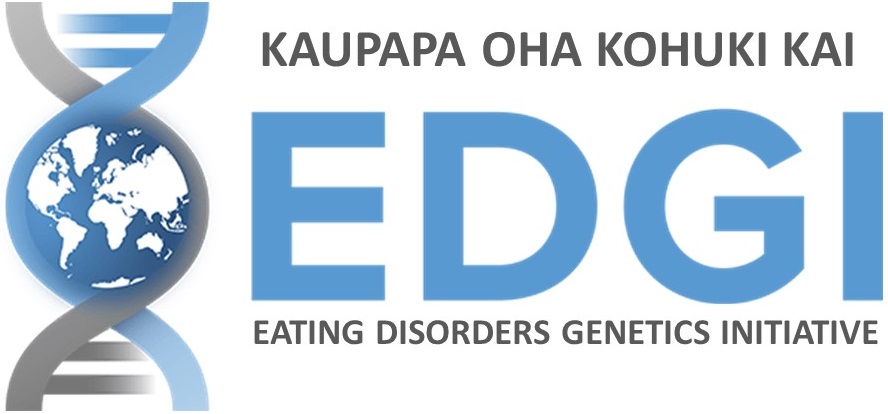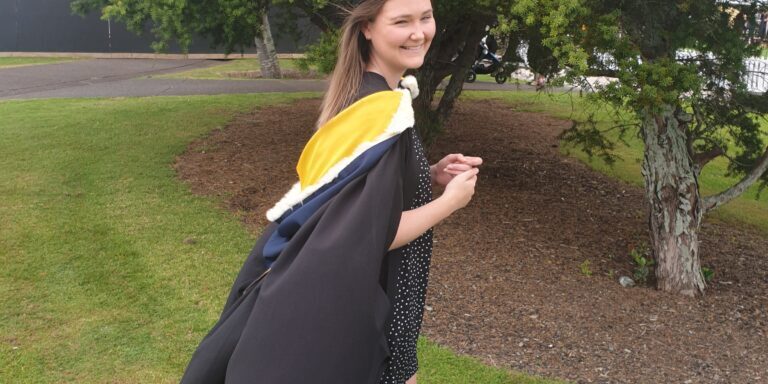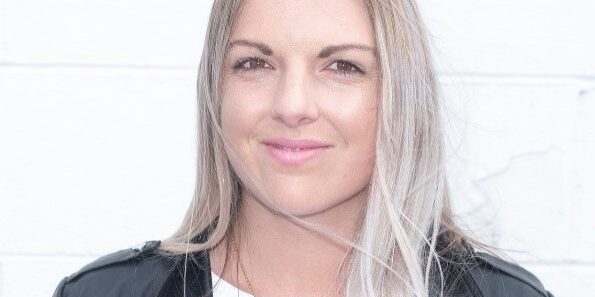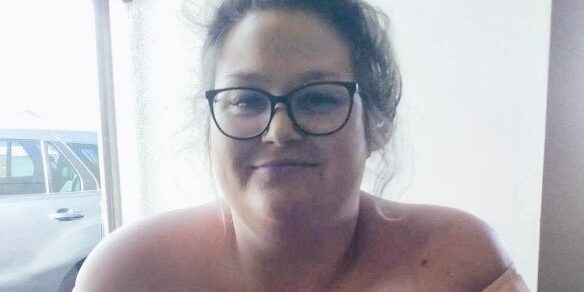Jess’ story
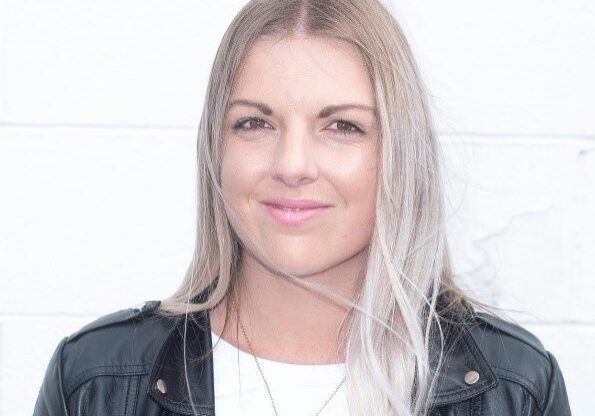
Jess, 27, Eating disorders recovery coach whose love of dance fuelled her recovery from anorexia nervosa, AUCKLAND
Eating disorders recovery coach Jess, 27, Auckland has a passion for hip hop dancing and is a young-adult pastor for her church alongside her husband.
A negative comment about her body during her impressionable adolescent years prompted Jess to begin controlling her eating and exercise habits. What she describes as an “innocent attempt to be healthy” soon turned dark and out of control. Jess kept her eating disorder to herself for five months before her parents realised something was seriously wrong and, at the age of 14, she was officially diagnosed with anorexia nervosa by her GP.
Jess battled with finding the right treatment for her eating disorder and continued to mask her unhealthy eating and exercise habits from her family. Secretly joining a hip-hop dancing crew to increase her exercise, Jess ended up discovering a love of dance, which has fuelled her recovery.
Today, Jess is a passionate advocate for increasing awareness of eating disorders. With her two sisters also having lived with eating disorders, she is keen to know more about the genes that may predispose certain people to develop one.
This is Jess’ story.
Growing up, Jess and her sisters were always complimented on their looks. This became so normal that when, at the age of 14, a friend made a discouraging comment about her figure, Jess was triggered to be very conscious of her body. She became very vigilant about what she ate and how `
Jess began restricting her eating and forcing herself to over-exercise. She hid her destructive eating and exercise habits for five months before her parents decided that something was seriously wrong. Despite several visits to the GP and being warned to stop losing weight, Jess’ weight continued to plummet. She felt controlled by her eating disorder.
“It felt like having a bully inside my head. I was compelled to listen to it, because disobeying meant feeling unbearable guilt and shame. I felt completely trapped,” said Jess.
Jess was officially diagnosed with anorexia nervosa by her GP at 14 years of age. Physically, Jess’ body was shutting down and she was told if she continued at this rate, she was going to die. She was immediately referred to hospital for treatment with doctors and a dietitian, but Jess was not interested in being treated at this time.
“I was in denial about having anorexia nervosa. Having treatment meant challenging what I believed to be true, which felt too confronting,” Jess said.
Socially, Jess was becoming increasingly withdrawn. She was continually missing school due to her ill health and was often too unwell to attend social events. Jess largely avoided social situations anyway, as most revolved around food and she found them “too scary”.
Jess’ family was placed in charge of her eating regime by her dietitian, something Jess resisted. Her family relationships became strained as a result.
“I was horrible to my family. I didn’t want them to have any say on my eating habits,” said Jess.
Continuing to obey her illness, Jess secretly began doing hip hop dancing. Her goal was solely to lose weight, but Jess soon discovered a love of dancing. She became part of a dance crew and began competing in regional dance competitions.
On the day her dance crew were accepted into the national competition, Jess was admitted to hospital. She describes this as the turning point towards her recovery from anorexia nervosa. Jess credits her love of dance with igniting her determination to get well.
“I realised I had a choice. I could continue down the path that my illness was leading me, or I could compete at nationals. I discovered greater purpose in my life than my eating disorder. I decided to fight for my recovery,” Jess said.
At the age of 15, Jess began treatment with a psychologist, who encouraged her to write down all the lies that her anorexia forced her to believe and replaced them with the truths of her illness. She gained great clarity from this exercise, beginning her journey towards recovery.
“I was also fortunate that my family knew someone who had been through an eating disorder, she helped me get through it too,” said Jess.
Today, Jess is a young-adult pastor at her church alongside her husband. She also works as an eating disorders social worker, using her experience of living with anorexia nervosa to help others.
“Asking for help is not a sign of weakness, it shows great strength. It is worth it. Recovery looks different for everyone, but there’s always hope,” Jess said.
Jess strongly believes that genetics play a significant part in the development of an eating disorder. Her two younger sisters have both lived with eating disorders, one being formally diagnosed with anorexia nervosa.
“Genetics are definitely a factor in developing an eating disorder. There are lots of other triggers, but these environmental factors, together with your genes, create the perfect storm,” said Jess.
That’s why she is passionate about participating in the New Zealand arm of the Eating Disorders Genetics Initiative (EGDI) – the largest and most rigorous genetic investigation of eating disorders ever performed.
“The more evidence we have, the better our understanding of eating disorders will be, and the greater the possibility they can be treated, or better yet, prevented,” Jess said.
